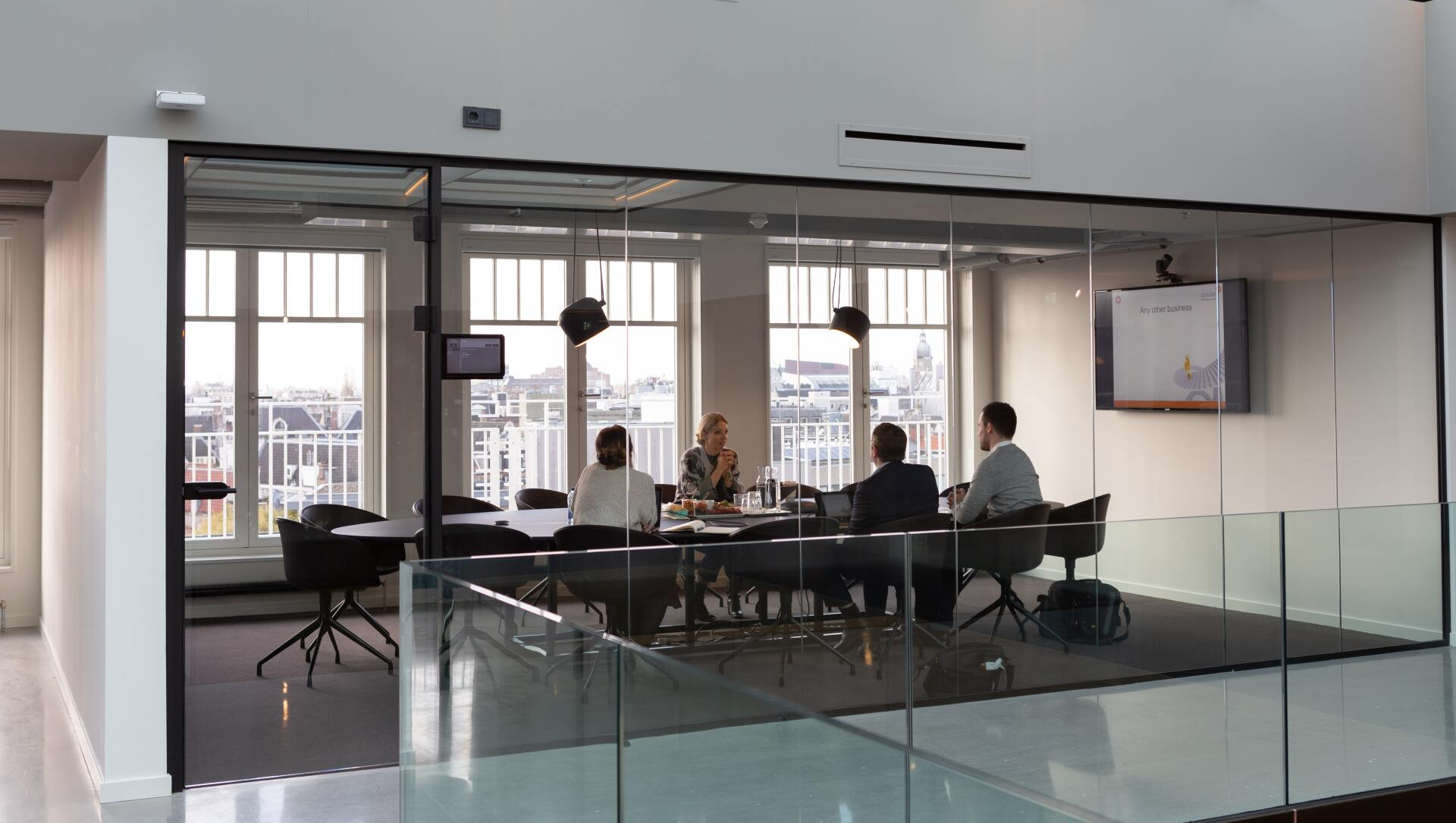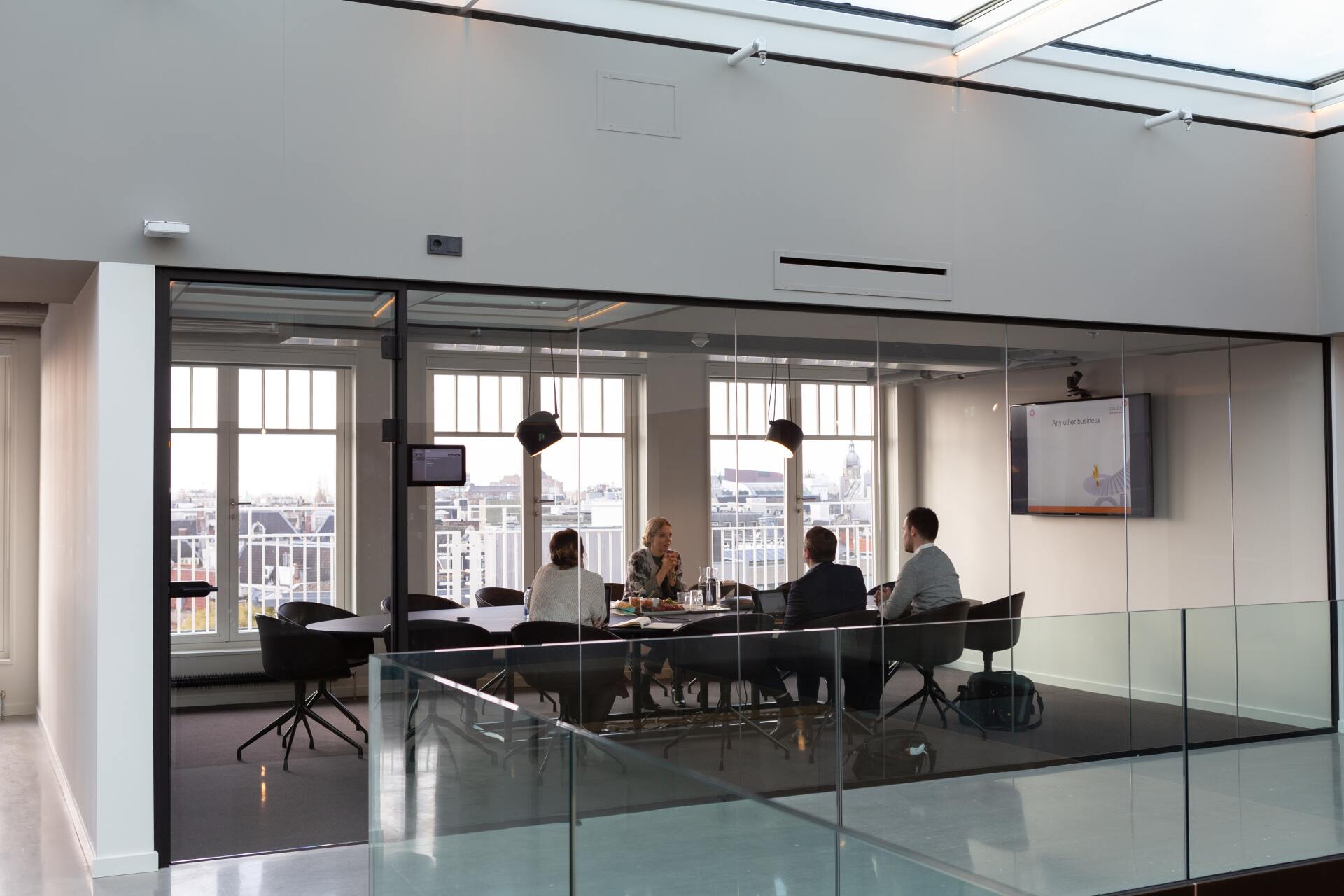Skyview Capital Carves A Niche In Corporate Carve-Outs
Posted Wednesday, June 12, 2019. Read original article here: https://bhcourier.com/2019/06/12/skyview-capital-carves-a-niche-in-corporate-carve-outs/
By Alex Soltani, Chairman and CEO of Skyview Capital, LLC
Skyview Capital has emerged as a recognized global private equity firm, and has earned an international reputation for its specialization in corporate carve-outs.
From its Century City headquarters, Skyview has executed over 30 transactions to date and now closes an average of 3-4 acquisitions per year, focusing on companies within the Technology, Telecom, Services and Consumer sectors. Skyview started investing in carve-out transactions in 2005.
Corporate carve-outs can be the right solution for large companies facing the problem of underperforming subsidiaries. Unprofitable subsidiaries will oftentimes distract from the company’s core business, and it’s often an epiphany for CEO’s when they discover firms such as ours that want to acquire these operations.
Skyview Capital’s approach to carveouts is a win for all parties involved – the parent company, the subsidiary’s employees and investors. Once finalized, the parent can continue to focus on its core business while subsidiary employees enjoy the extra attention afforded their new stand-alone company. The HR department is spared the time and energy associated with employee terminations, and the parent company does not have to incur the related costs or negative public relations impact. And shareholders appreciate the divestiture for two primary reasons: it allows the management team to be laser-focused on delivering value in the core business, and it removes a low margin, low growth, potentially money-losing business from the portfolio.
Skyview structures carve-outs that are customized to meet the specific business objectives of parent companies. The company’s acquisition approach provides the parent with speed and certainty to close, the subsidiary with a focused and experienced owner that supports its growth with extensive operational infrastructure and expertise, and the employees with a new home – a combination that truly resonates with corporate sellers.
The process of purchasing a carveout has many similarities to purchasing a stand-alone business. Carve-out buyers begin by performing due diligence on the carved-out unit, including a review of the division’s finances, management team, sales, and marketing strategy, product roadmap, intellectual property, and off-balance sheet liabilities (e.g. pension obligations, litigation).
Oftentimes, the unit was not operated as a completely stand-alone business by the parent which leads to the carved-out unit not having a full set of standalone financial statements. In some deals, the seller provides a carve-out audit of the unit. Carve-out audits estimate the revenues and costs directly attributable to the business as well as the “corporate allocations” or costs that are part of the services provided by the corporate parent. It is also necessary for the buyer to understand exactly what staff, locations, products, and other assets are included in the transaction (as opposed to being left behind with the corporate seller).
Similar to traditional acquisitions of stand-alone businesses, transactions can be structured as asset or equity purchases. Once terms have been negotiated and closing conditions have been satisfied, the buyer can take ownership of the carved-out division. After the business is legally transferred from the parent to the buyer, then the real work begins as the buyer must stand the business up on its own while at the same time make the necessary changes to the underlying business to bring it to optimal performance.
When a business is carved out of a corporate parent, it oftentimes is delivered without the full back office functionality one would typically find in a stand-alone business. After the deal closes, it is necessary to quickly put these back-office functions into place. Failure to have support functions in place can lead to problems in running and growing the newly carved out business. As part of the terms of sale, the existing parent frequently offers to provide back-office services for a pre-determined period of time via a “Transition Services Agreement.”
These agreements typically run from several months to a year and provide a smoother transition as the long-term, permanent support functions are put into place. It is also necessary for the firm to engage auditors and other professionals to assist with some of the normal back-office compliance.
While the back-office is being built up, it is necessary to develop a budget and longer-term strategic operating plan to provide direction for the business. For example, some parts of the carved-out business may need to be shut down or divested, and the management structure may need to be adjusted. It is helpful to execute the restructuring soon after closing to minimize ongoing disruption to the business.
Once the business has been carved out from the parent and has its supporting departments stabilized, the new company can start to execute its strategic plan. Immediately upon a change of control, it is imperative to clearly communicate to key stakeholders (lenders, vendors, customers, employees) that the business has changed ownership and will continue to operate in ordinary course (if not better). This will help to ensure a smooth transition to operating as an independent entity.
Corporate carve-outs can be beneficial transactions for both the seller and the acquirer. Relative to acquisitions of stand-alone businesses, corporate carveouts pose unique challenges. Understanding and planning for key steps in the process can increase the likelihood of a successful outcome for all parties involved.









